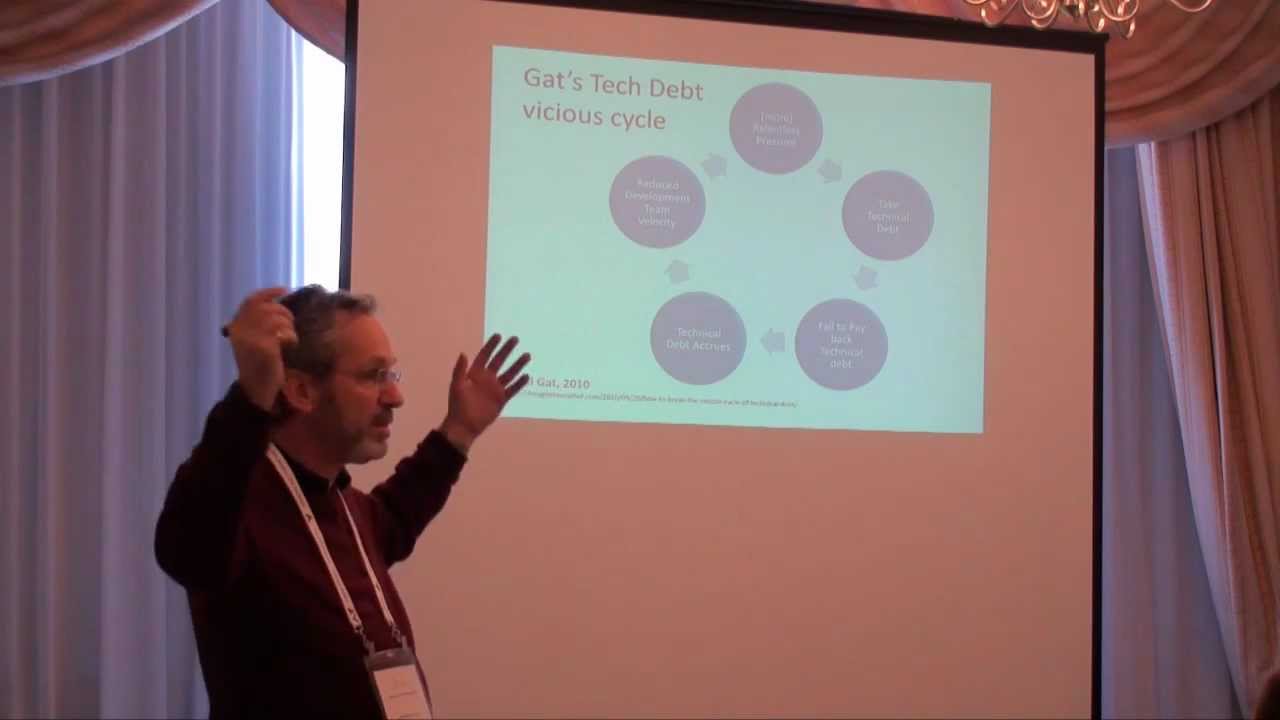An Agile Approach to Reduce Technical Debt
Technical debt is the consequence of poor or evolving software architecture and software development within a codebase. The debt can be thought of as work that needs to be done before a particular job can be considered complete. In this blog post, Bastian Buch proposes an agile approach to reduce technical debt. He first declares that technical debt hasn’t improve through agile development methods and principles, but only gained some visibility.




